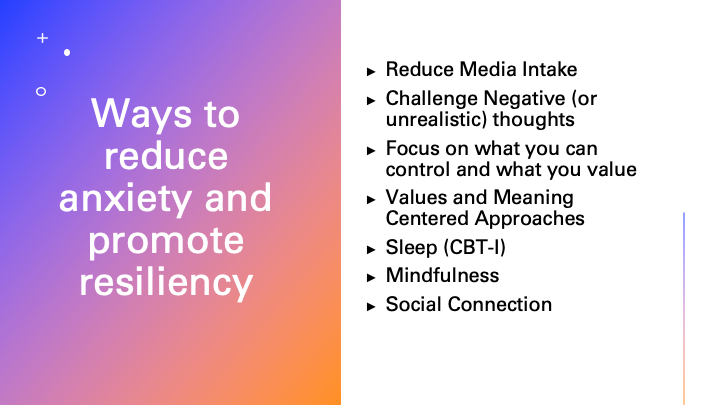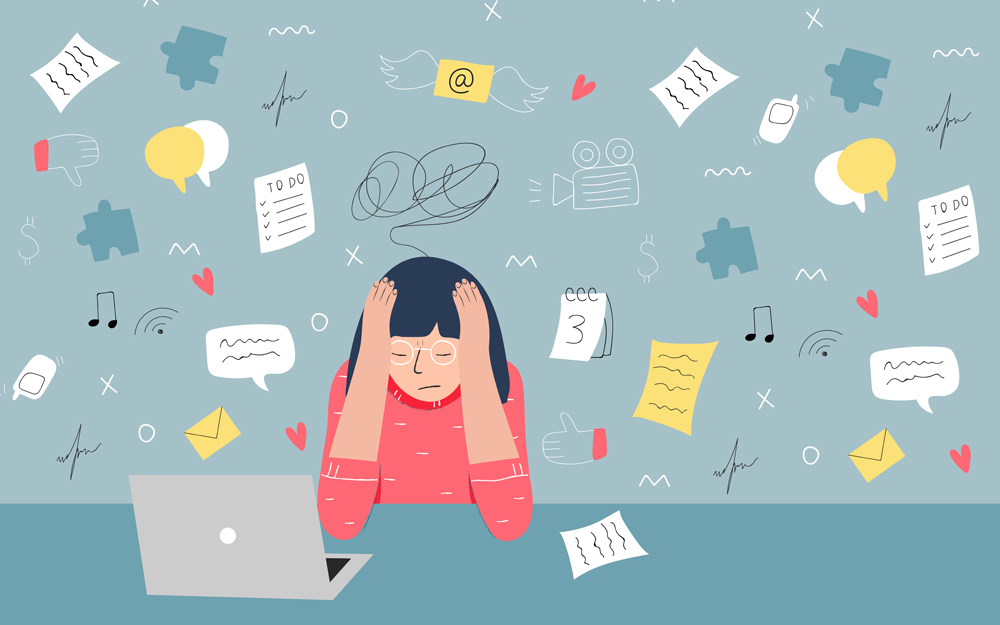At the moment, stress is ubiquitous. Even if you are not managing sadness or anxiety at baseline, concerns related to COVID, upcoming elections, social unrest, and everything else that has come to the forefront in 2020 has people more stressed than ever. As such, we need to understand the impact of stress on mental health. But as Dr. Ashley Zucker of Kaiser Permanente’s Fontana Medical Center in Southern California highlights, we need to understand the ways in which people automatically associate stress with mental health issues. She says that “people react differently to stress, but if that stress or anxiety goes untreated over a long period of time, it can affect a person’s total health — mind, body and spirit.” She goes on to note that “Research has shown that when the stress hormone is activated, that ‘fight or flight’ response initially helps a person cope with the situation, but in the long run, it can impact their psychological and physical health.”
So, what do we do?
Dr. Zucker recommends some healthy detachment “because worrying about the result is not going to change anything.” Apart from that, remaining in communication with each other is vital, focusing equally on what is going right and what is going wrong.
Limiting news coverage is also vital. Next time you feel compelled to tune into the news or check your favorite news website, consider first engaging in a mindfulness-based exercise first. This may curb the desire to seek out more news or at least put you in a better state to receive the news.
Some medical experts suggest setting boundaries for political conversations. Self-care can also be key — eating healthy, drinking enough water, and getting enough sleep helps.
Want to learn more? Check out this helpful article at MedLine.com,


